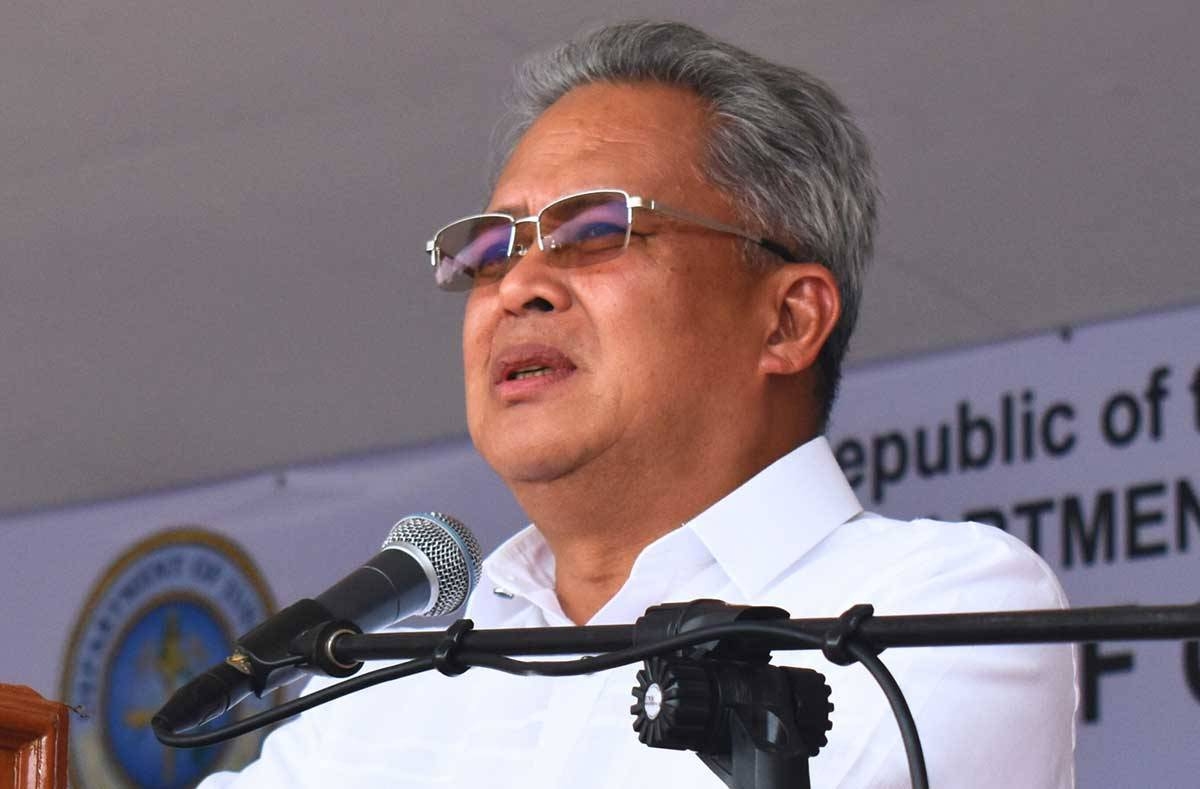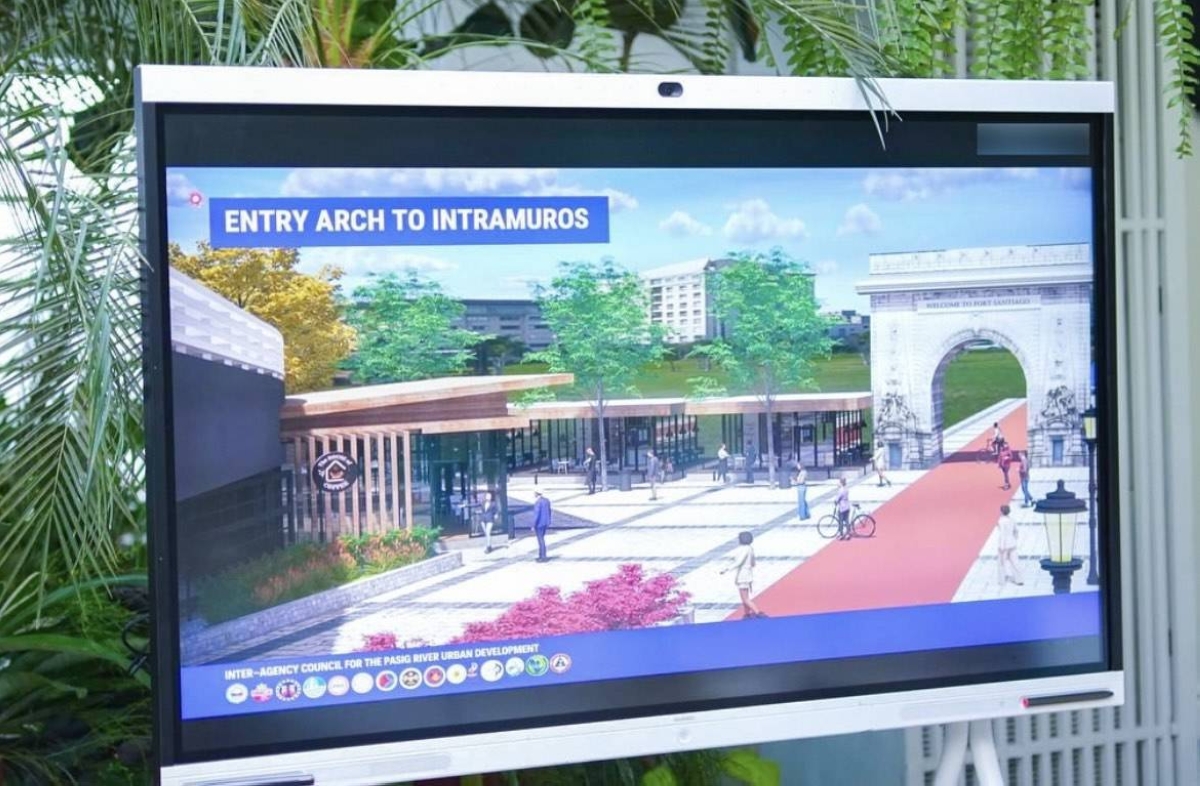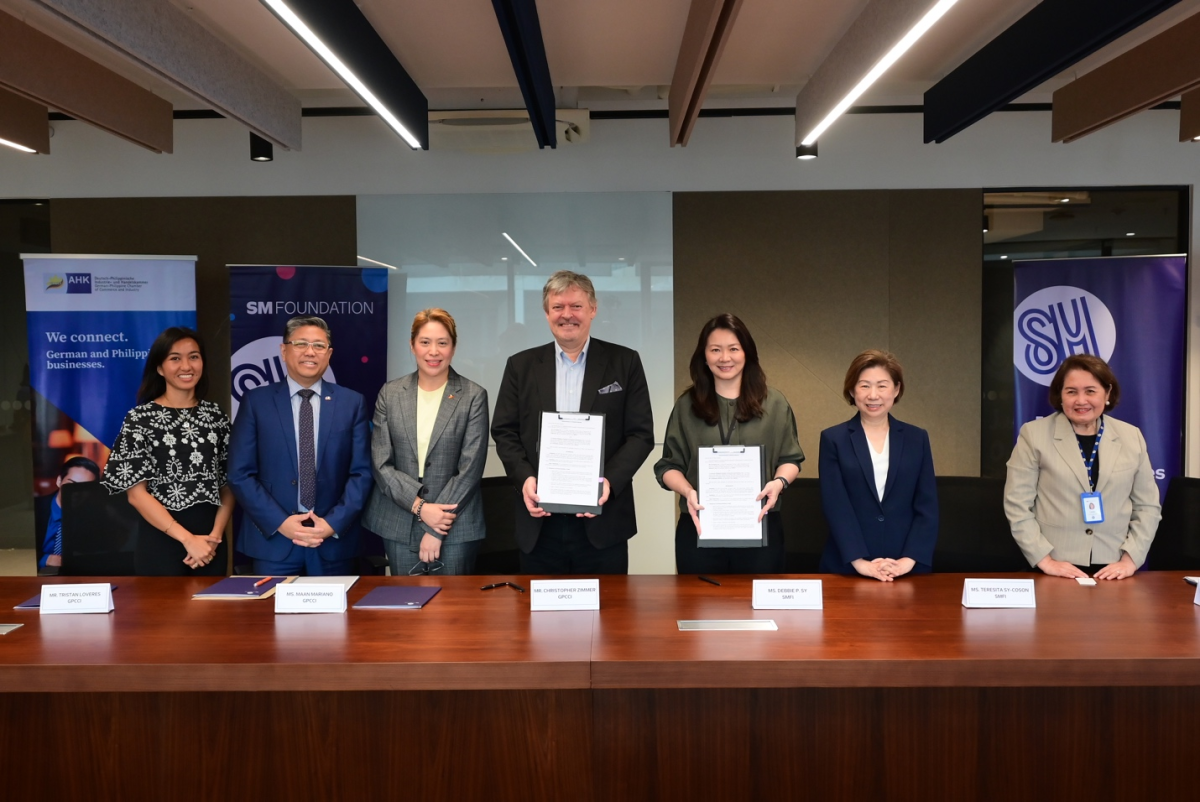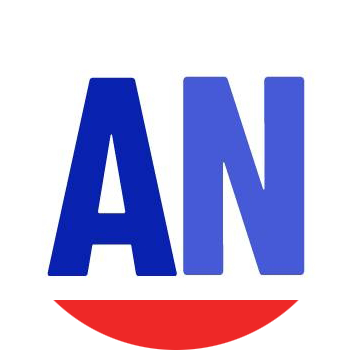Economic managers warn wage hike bill to slash GDP growth
Economic managers warn wage hike bill to slash GDP growth
CONGRESS adjourned session on Wednesday without giving the final approval for the proposal to hike the minimum daily wage by P100-P200, after economic managers warned of its “dangerous repercussions” on the Philippine economy.
“We express our strong reservations on the proposed legislated wage hikes as these may undermine our recent gains and result in adverse economic and social impact,” economic managers said in a letter addressed to Senate President Francis G. Escudero and House Speaker Ferdinand Martin G. Romualdez.
The joint position paper was signed by Special Assistant to the President for Investment and Economic Affairs Frederick D. Go, Finance Secretary Ralph G. Recto, Economic Planning Secretary Arsenio M. Balisacan, Budget Secretary Amenah F. Pangandaman, Bangko Sentral ng Pilipinas (BSP) Governor Eli M. Remolona, Jr. and Trade Secretary Ma. Cristina A. Roque.
Estimates by the Department of Economy, Planning, and Development showed that a P100 or P200 increase in the daily regional minimum wage “could exert downward pressure on gross domestic product (GDP), increase inflation and result in job losses.”
“Estimates show that the across-the-board wage hike will exert substantial downward pressure on GDP by 1.6 ppts (percentage points) for a P200 hike and 0.5 ppt for a hike of P100. Both scenarios are predicted to result in the economy missing the lower end of the GDP growth target range,” the economic managers said.
Economic managers are targeting 6-8% GDP growth this year.
The wage hike could also stoke inflation, which has recently been on a downtrend.
“A P200 increase in wages could raise inflation by approximately 2 ppts, while a P100 hike may add 0.7 ppt. The substantial minimum wage increase may lead to higher production costs, which could result in higher prices that may disproportionately affect low-income households,” economic managers said.
“Additionally, when wage adjustments are not commensurate with improvements in productivity, they can exacerbate price pressures.”
Inflation cooled to an over five-year low of 1.3% in May, bringing the five-month average to 1.9%. This is below BSP’s 2-4% target band.
Economic managers also warned a P100 or P200 increase in the minimum wage could spur job cuts as companies seek to reduce operational costs.
“These could increase the unemployment rate by 0.2 ppt, equivalent to 105,000 unemployed persons if minimum wage increases by P100, and as much as 0.6 ppt or 300,000 persons if minimum wage increases by P200,” they said.
In April, the number of jobless Filipinos rose by 4.1% to 2.06 million from 1.93 million in March.
Micro, small, and medium enterprises, which account for 90% of businesses and heavily rely on minimum wage labor, may be unable to absorb the proposed daily wage hike, economic managers said. They estimated this would translate to an additional P4,000 increase every month for those working five days a week.
Economic managers said that while higher wages can initially benefit workers, the long-term impact will be detrimental to the economy.
“Higher prices of goods and services reduce the purchasing power of households, dampening consumption spending and overall economic activity,” they said.
Economic managers recommended maintaining the current system of adjusting wages through the Regional Tripartite Wages and Productivity Boards.
“Rather than a one-size-fits all legislated wage hike, we support existing measures such as (i) strengthening the implementation of the minimum wage law to increase compliance; (ii) encouraging collective bargaining system and other voluntary mechanisms at the firm level to promote workers’ welfare, and (iii) strengthening the linkage between wages and productivity,” they said.
NO BICAM
Meanwhile, the House of Representatives and the Senate did not convene a bicameral conference committee to reconcile the conflicting provisions of the wage hike bills. The House approved a P200 daily increase for minimum wage earners in the private sector, while the Senate approved a P100 hike.
Senator Joel B. Villanueva, chairman of the Labor Committee, said some congressmen had previously expressed willingness to adopt the Senate’s version of the legislated wage hike bill. “I don’t know what the intentions of our colleagues in the House are but the ones I spoke to yesterday were more than willing to adopt the Senate version,” Mr. Villanueva told reporters, noting that Congress no longer had time for further discussions.
Mr. Villanueva previously asked Rizal Rep. Juan Fidel Felipe F. Nograles, chairman of the House Labor Committee, to adopt the Senate’s version to expedite the bill’s ratification.
In response, Mr. Nograles called for a transparent and deliberative bicameral process, “rather than being bamboozled into accepting the Senate version wholesale, without discussion or compromise.”
Ser Percival K. Peña-Reyes, director of the Ateneo Center for Economic Research and Development, said the wage hike bills are “populist.”
“Wages per se aren’t really a problem. The current tripartite system already accurately reflects the different market conditions across regions. That legislation is job-killing,” he told BusinessWorld in a Viber Message.
Instead, Mr. Peña-Reyes suggested improving competitiveness to attract investments that create high-value jobs.
Jose Enrique “Sonny” A. Africa, executive director at think tank IBON Foundation, urged the economic managers to focus on creating “a fairer economy” where the rising wages reflect rising productivity.
“The government’s scaremongering about urgent wage hikes is an alarmingly anti-worker position built on biased analysis crafted to prioritize profit margins over workers’ livelihood and long-term development,” Mr. Africa said. — A.R.A.Inosante with inputs from A.H.Halili
Comments 0
Most Read
Recommended Post
Gogolook launches news wall feature to Whoscall App





















Leave a Comment